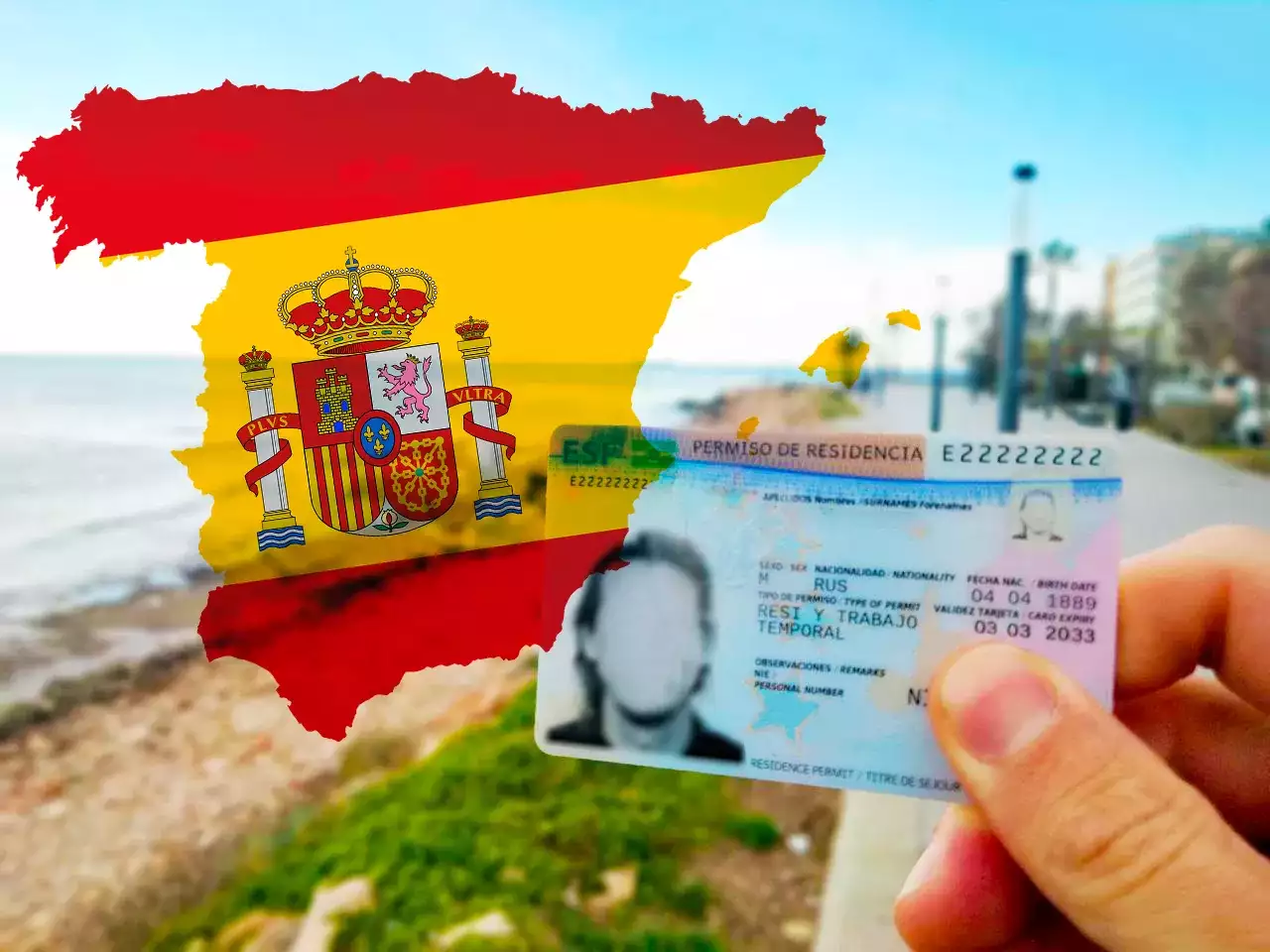Living the Spanish dream: a step-by-step guide to obtaining a residence permit

An overview of the requirements for obtaining a residence permit in Spain:
To obtain a residence permit in Spain, applicants must meet certain criteria. These include: having sufficient financial resources to support themselves during their stay; having sufficient health insurance; proof of adequate housing; and proof of identity through valid travel documents such as a passport or national identity card. In addition, Spanish law also requires applicants to provide evidence of their ties to their home country or other countries in which they lived before moving to Spain.
The following types of permits can be obtained in Spain: temporary residence permit (for up to two years); permanent residence permit (for more than two years); long-term residence permit (for up to 10 years); student residence permit; working vacation residence permit; investor visa; self-employment visa; family reunification visa; spouse/partner visa; pensioner visa and au pair visa. Each type of visa has its own requirements and conditions, which should be thoroughly investigated before applying.
The process of applying for a residence permit in Spain:
In order to apply for any type of visa, applicants must submit an application form, together with documents proving their eligibility for a residence permit, on one of several websites provided by the Spanish government.
9 October 2024
9 October 2024
29 September

Tips for obtaining a residence permit in Spain:
It is important that applicants understand all relevant laws and regulations related to obtaining a residence permit prior to submitting an application in order to know what rights they may receive upon approval. To maximize the chances of approval, it is recommended that applicants take full advantage by applying under special programs designed specifically for investors, entrepreneurs, international students, etc. In addition, it may be helpful if the applicant already has any family ties in Europe, as this may prove useful when assessing applications under the international relations agreements between EU member states. Finally, taking into account the language barrier, it will be helpful if the applicant can demonstrate the level of language proficiency required to obtain a tourist visa for more than 90 days.
Conclusion: In conclusion, obtaining residency status can be a rewarding as well as a challenging process, as it requires a thorough understanding of potential candidates. For a successful application, it is important that potential candidates become familiar with relevant laws and regulations, take advantage of programs targeting specific populations where possible, and demonstrate the level of knowledge required to stay on a tourist visa for more than 90 days, if applicable.
Comment
Popular Posts
9 October 2024
9935
9 October 2024
1485
29 September
356
Popular Offers

Subscribe to the newsletter from Hatamatata.com!
Subscribe to the newsletter from Hatamatata.com!
I agree to the processing of personal data and confidentiality rules of Hatamatata













